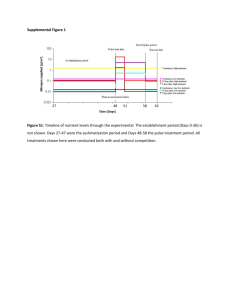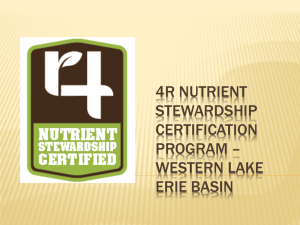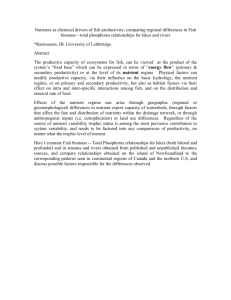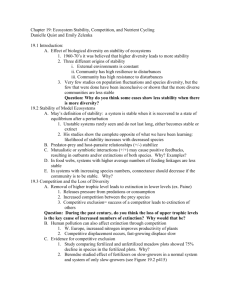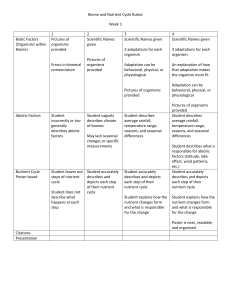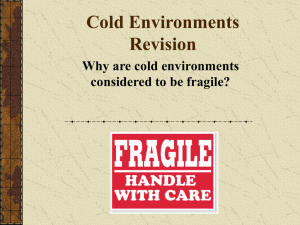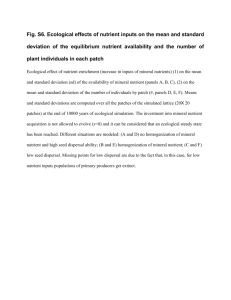Nutrient Story
advertisement
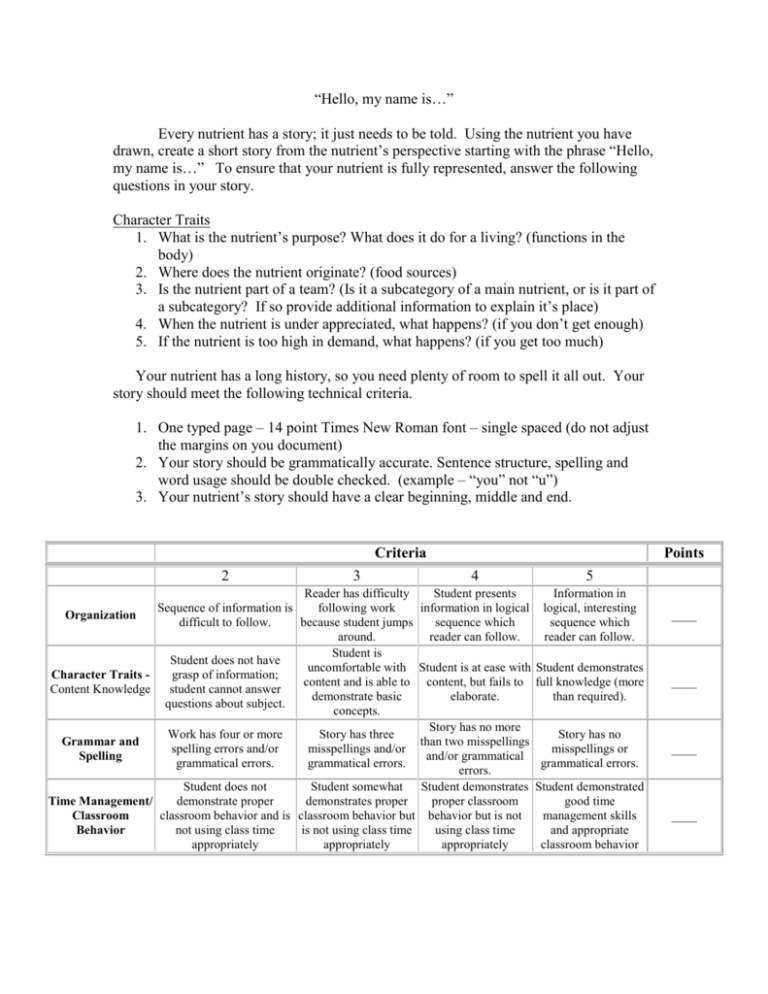
“Hello, my name is…” Every nutrient has a story; it just needs to be told. Using the nutrient you have drawn, create a short story from the nutrient’s perspective starting with the phrase “Hello, my name is…” To ensure that your nutrient is fully represented, answer the following questions in your story. Character Traits 1. What is the nutrient’s purpose? What does it do for a living? (functions in the body) 2. Where does the nutrient originate? (food sources) 3. Is the nutrient part of a team? (Is it a subcategory of a main nutrient, or is it part of a subcategory? If so provide additional information to explain it’s place) 4. When the nutrient is under appreciated, what happens? (if you don’t get enough) 5. If the nutrient is too high in demand, what happens? (if you get too much) Your nutrient has a long history, so you need plenty of room to spell it all out. Your story should meet the following technical criteria. 1. One typed page – 14 point Times New Roman font – single spaced (do not adjust the margins on you document) 2. Your story should be grammatically accurate. Sentence structure, spelling and word usage should be double checked. (example – “you” not “u”) 3. Your nutrient’s story should have a clear beginning, middle and end. Criteria 2 3 Points 4 Reader has difficulty Student presents Sequence of information is following work information in logical Organization difficult to follow. because student jumps sequence which around. reader can follow. Student is Student does not have uncomfortable with Student is at ease with grasp of information; Character Traits content and is able to content, but fails to Content Knowledge student cannot answer demonstrate basic elaborate. questions about subject. concepts. Story has no more Work has four or more Story has three than two misspellings Grammar and spelling errors and/or misspellings and/or and/or grammatical Spelling grammatical errors. grammatical errors. errors. Student does not Student somewhat Student demonstrates demonstrate proper demonstrates proper proper classroom Time Management/ classroom behavior and is classroom behavior but behavior but is not Classroom not using class time is not using class time using class time Behavior appropriately appropriately appropriately 5 Information in logical, interesting sequence which reader can follow. ____ Student demonstrates full knowledge (more than required). ____ Story has no misspellings or grammatical errors. ____ Student demonstrated good time management skills and appropriate classroom behavior ____
